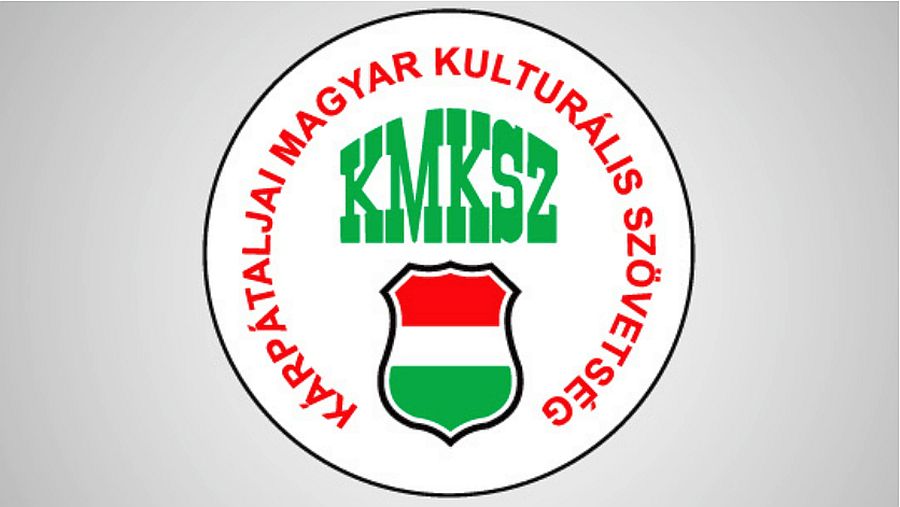The Hungarian Cultural Society of Subcarpattia (KMKSZ) positively evaluates the adoption of the new Ukrainian law regulating minority rights, however, according to the statement issued today by the presidency of the organization, the legislation “still does not comply with all recommendations of the Venice Commission” and does not restore previously existing minority rights.
Some provisions of the law “can be considered forward-looking, as they restore some of the linguistic rights previously enjoyed by the Hungarian minority,” which mainly applies to education, the production and distribution of print products, and the media. The organization’s presidency statement confirmed that “part of the recommendations of the Venice Commission were taken into account when drafting the legislation, and national organizations were consulted.” It is an important step forward, with regard to Article 7 (Language) of the Education Act, where the right of minorities, including Hungarians, to education in their mother tongue is guaranteed. It is also positive that children who started their school studies in the Hungarian language before the 2018 academic year can continue to study in the Hungarian language until the completion of secondary education.
At the same time, the KMKSZ Presidency notes with regret that the new law still does not allow the use of minority languages at the level of higher administrative units (district, district), and “the application of language rights at the state level.” The level of settlement is still “subject to the decision of the majority.” According to the statement, the law links the possibility of using linguistic rights to the concept of “traditional settlement” of the minority, the level of which is set at 10 percent.
Hence, minorities living in the diaspora have practically no linguistic rights, which further accelerates the assimilation process.
The organization’s statement says. The law does not provide for the free use of national symbols, nor to “guarantee conditions for minority representation.”
Many provisions of the law are discriminatory or merely declaratory in nature, which may leave room for arbitrary interpretation
The document says. The interpretation of many terms remains unclear, which raises further questions, primarily regarding the recognition of education in the mother tongue “along with the state language”. The law still does not comply with all of the recommendations of the Venice Commission, does not guarantee minority rights guaranteed in the Constitution or other international documents, and “does not restore the totality of pre-existing minority rights.” Believing that the new law is “just the first step in the process of restoring the full range of citizenship rights previously held by Hungarians in Transcarpathia, KMKSZ continues to support Ukraine to catch up with Europe in accordance with the effective programme.”
We hope that Ukraine will become a democratic European state of law in which human and national rights are respected
– concludes the statement of the KMKSZ Presidency.
Source: MTI












































